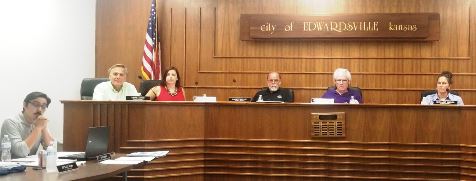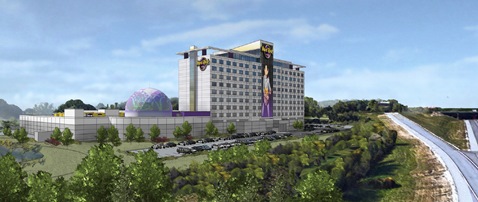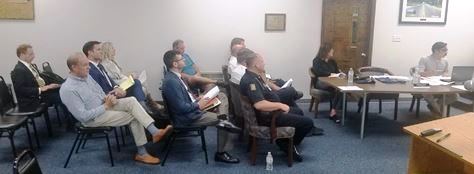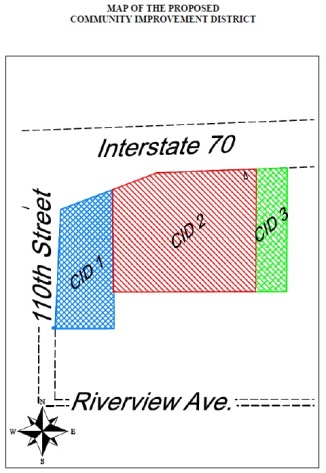by Stephen Koranda, Kansas News Service
President Donald Trump has reached a tentative trade deal with Mexico, and now the focus of tariff talks shifts to Canada.
It’s a high-stakes situation for Kansas industry because Canada is the top export market for the state.
Kansas exports totaled more than $11 billion in 2017, led by agricultural products, aircraft and airplane parts. Nearly $2.5 billion of those exports went to Canada. The other partner in the North American Free Trade Agreement, Mexico, was the second biggest market for Kansas exports, at nearly $2 billion.
When it comes to agriculture, Canada is generally the No. 3 market for Kansas, behind Mexico and Japan.
Josh Roe, deputy secretary of agriculture in Kansas, stressed the importance of the NAFTA deal for Kansas farmers.
“I just can’t place enough emphasis on Canada and Mexico moving forward,” Roe said.
The deal with Mexico keeps tariffs on farm products at zero. Mexico buys around 30 percent of the state’s ag exports.
Roe hopes the same zero-tariff mindset continues in the talks with Canada. Between 8 and 10 percent of Kansas agriculture exports are sold to Canada, including meat from the state’s packing plants, flour and soybean products.
Roe said the top goal for the trade talks is simple: Keep the Canadian market open to Kansas farmers. Many of the state’s producers are already struggling.
“We’re still at a place with very depressed commodity prices, very low farm incomes,” Roe said. “Any additional shock that takes away those markets just has very detrimental impacts.”
However, NAFTA is nearly 25 years old, so Roe believes it could use some updating. Protections for intellectual property and updated definitions for technology could help boost high-tech products.
With the right changes, there could be a growth in the sales of animal pharmaceuticals, seed technology and software related to agriculture.
“A majority of our exports now really are those base ag commodities,” Roe said, “but in the digital era, it’s not always something concrete we can hold in our hands.”
In a letter to Trump this week, Republican Kansas Sen. Jerry Moran sent a similar message. Moran suggested Trump try to lower tariffs on dairy products going into Canada, but he urged the president not to move forward with a new trade deal unless Canada is on board.
“Any new agreement that excludes Canada would, unfortunately, be a significant step in the wrong direction,” Moran said in the letter to the president.
Stephen Koranda is Statehouse reporter for Kansas Public Radio, a partner in the Kansas News Service. Follow him on Twitter @kprkoranda.
Kansas News Service stories and photos may be republished at no cost with proper attribution and a link back to the original post.
See more at http://www.kcur.org/post/president-trump-s-trade-talks-canada-carry-high-stakes-kansas.




